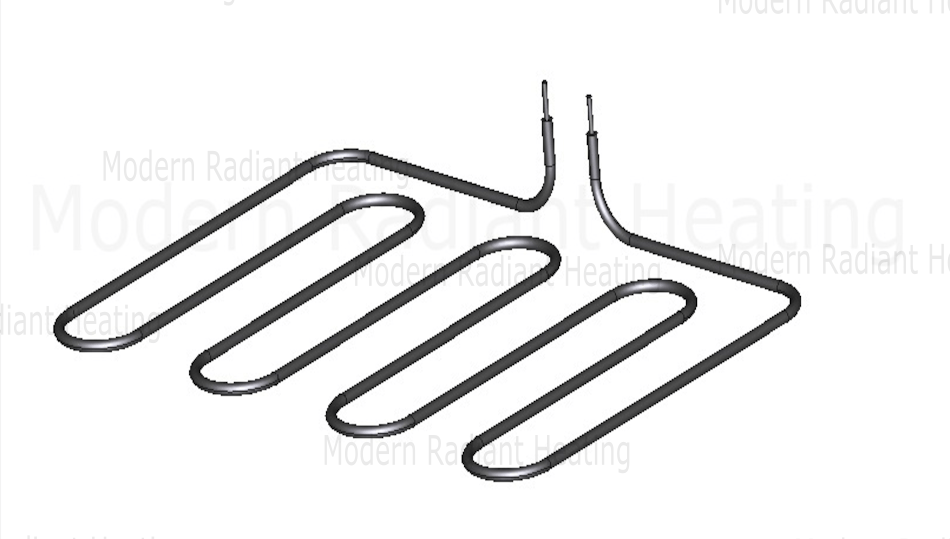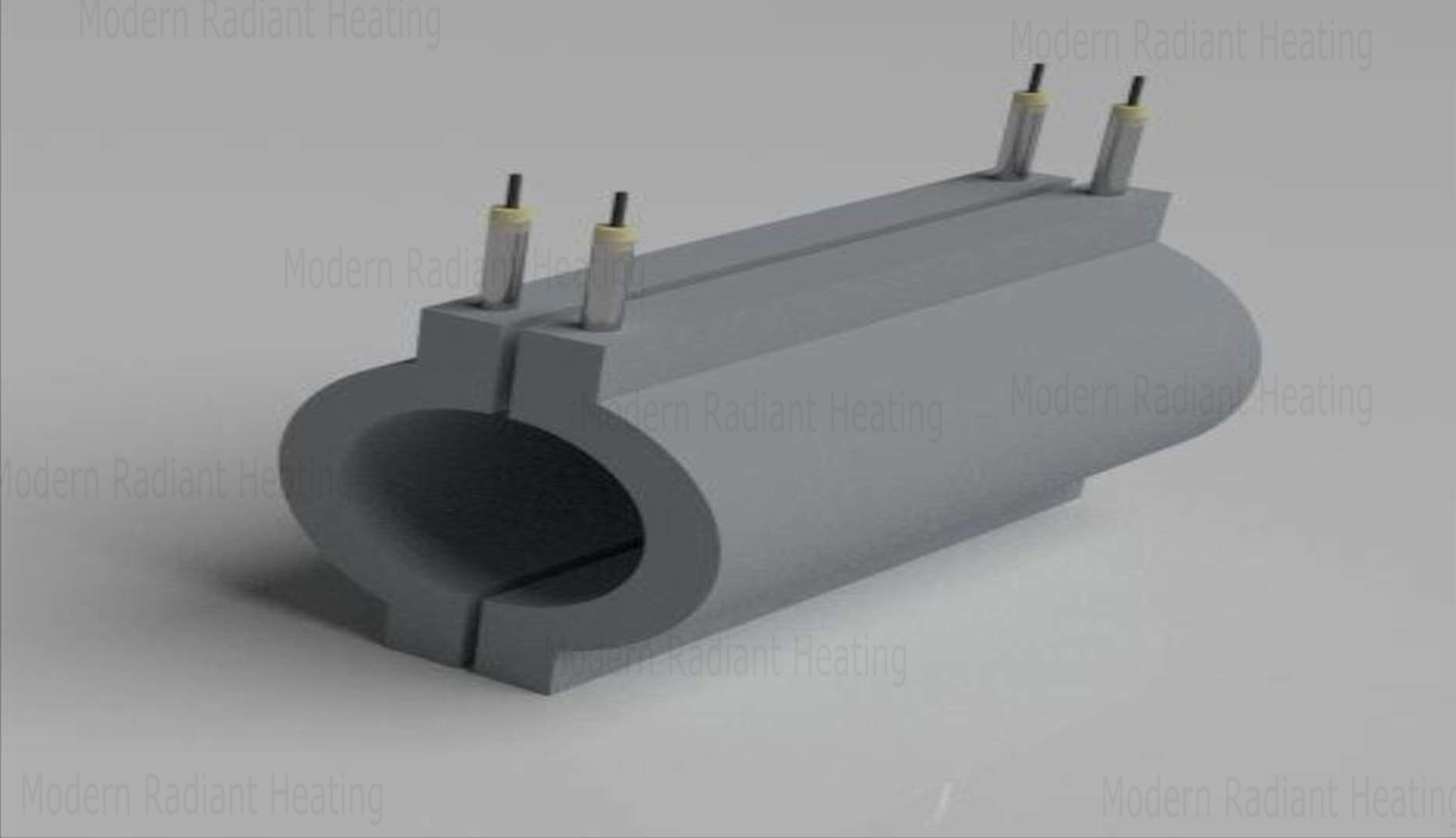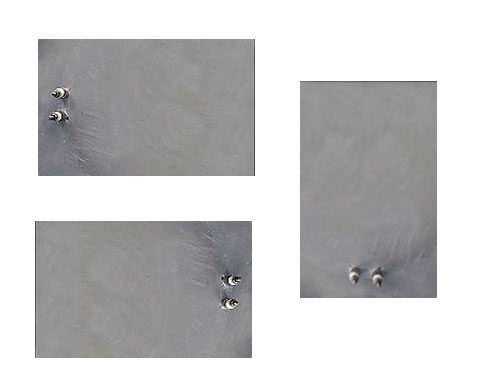| Product | Aluminium Casting Heater |
|---|---|
| Heating Element | Tubular Heating Element |
| Insulation | MgO |
| Voltage | 220V/440V |
| Power | 100W~5000W |
Quick Connect
Modern Radiant Heating
Plot no 9, Sai-Baba compound, Behind Arihant Complex, Mugat dyeing lane, Besides Kiran Dyeing/Industries, Udhna, Surat, Gujarat, India
Request a quote
Casting Heaters manufactured by us are made of high quality raw material to ensure High durability and longevity while during their service life. A Casting Heater, more commonly aluminum casting heater is a highly versatile heating element that is specifically designed to provide efficient and uniform heat transfer in various applications. It is made by casting molten aluminum into a specific shape and incorporating heating elements into the design. These heaters are widely used in industries such as plastics, packaging, food processing, and automotive, among others. These heaters play a crucial role in many industrial processes where precise and efficient heating is required. They are commonly used for applications such as hot plates, ovens, plastic injection molding, extrusion, blow molding, and thermoforming.




